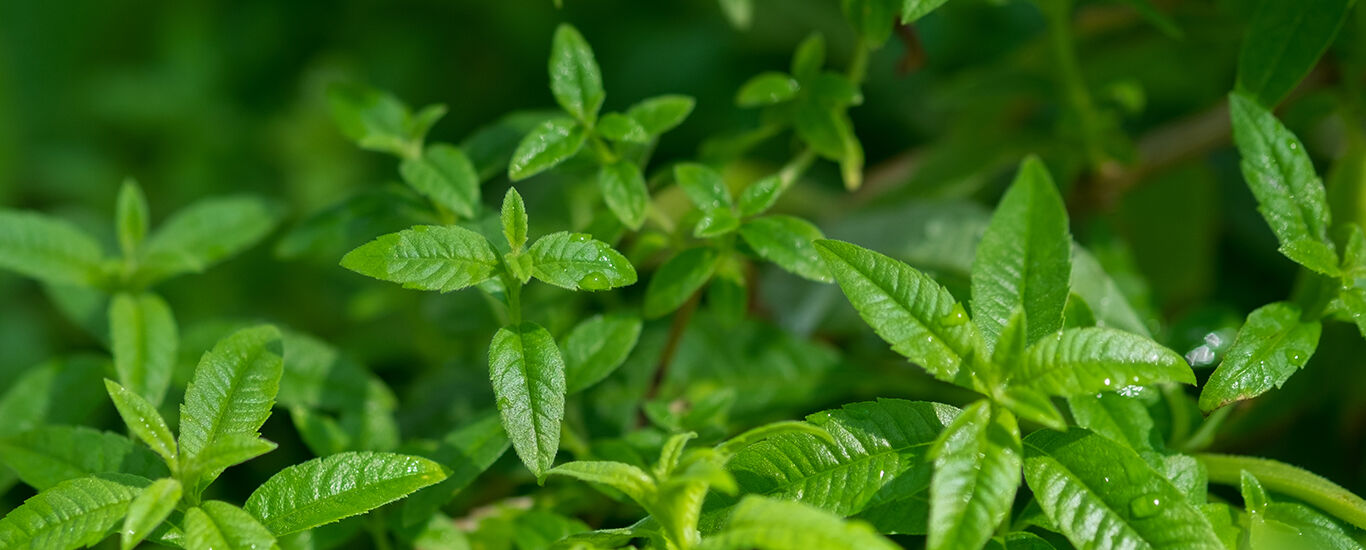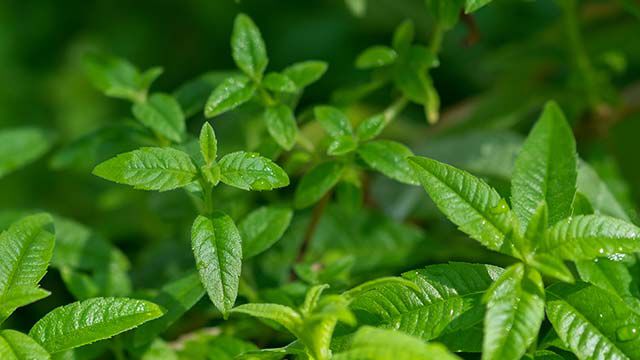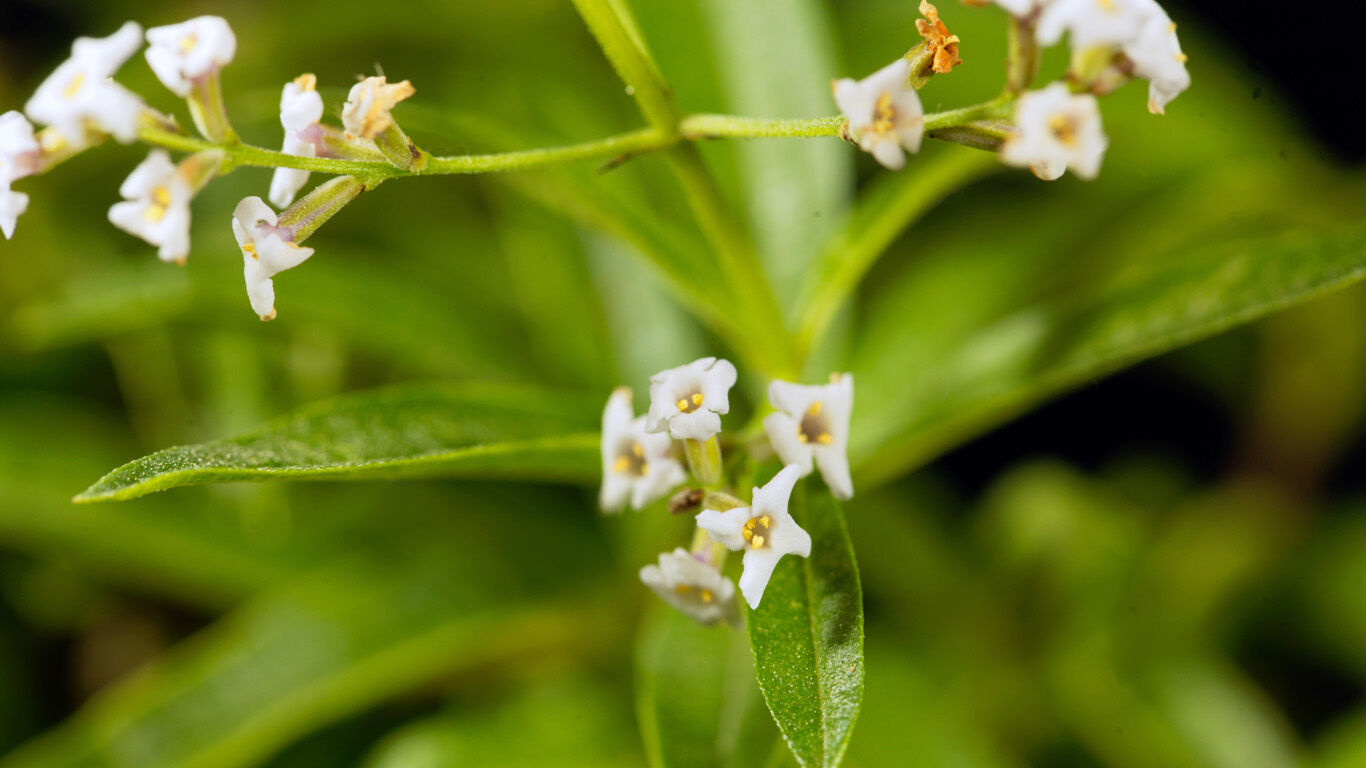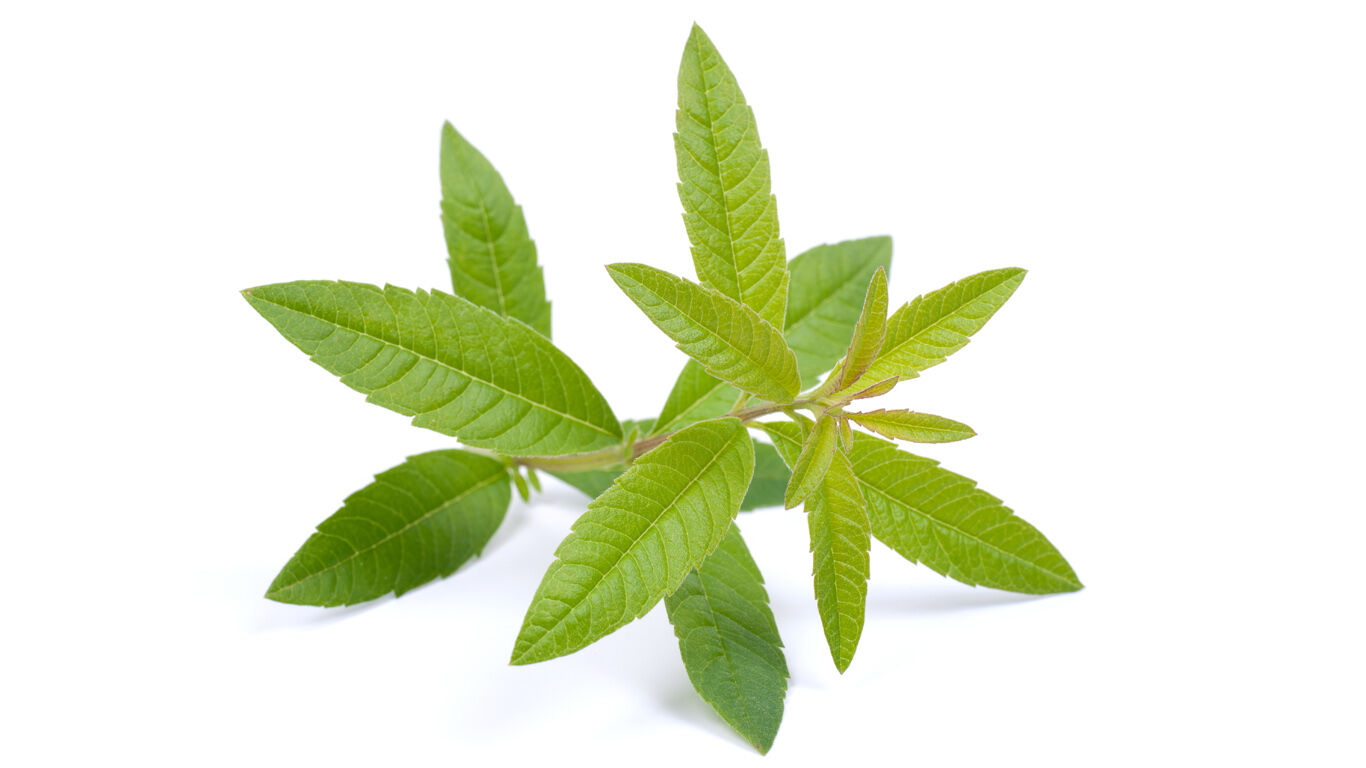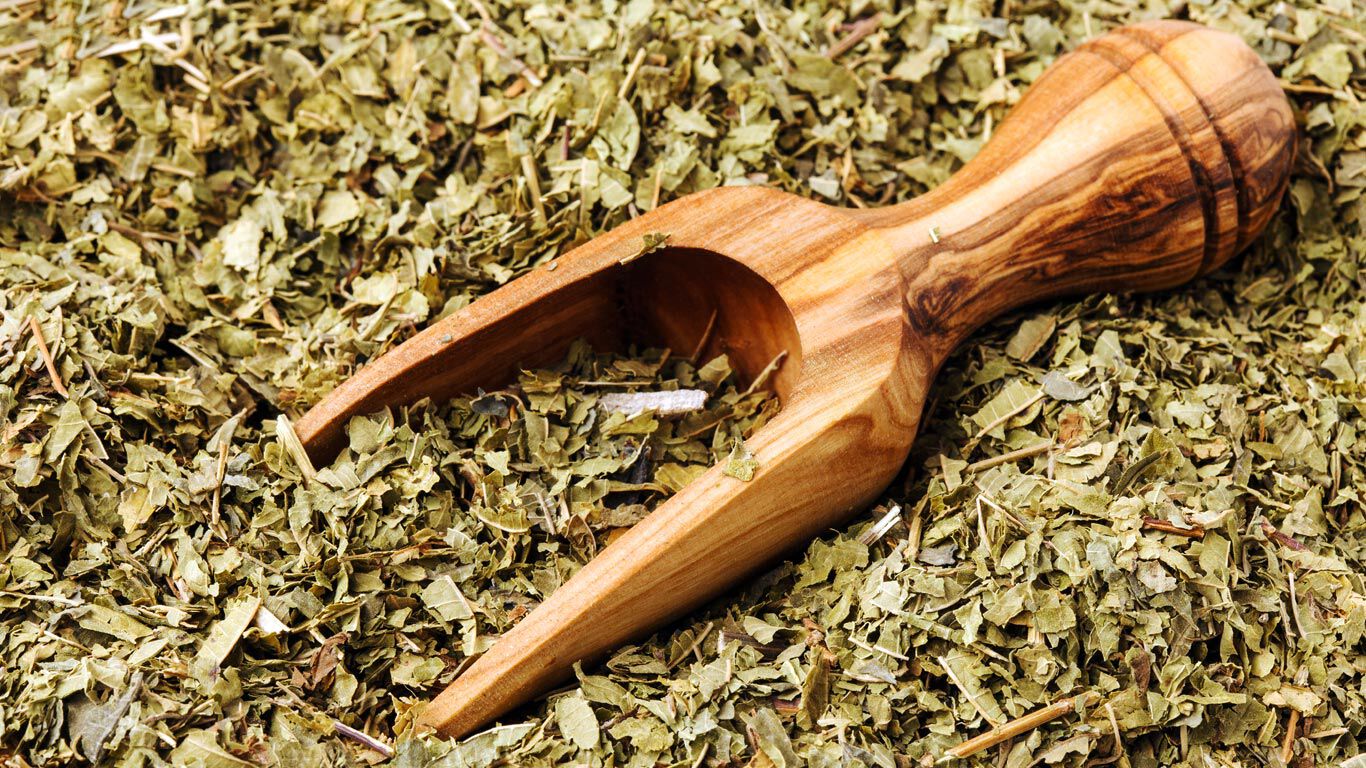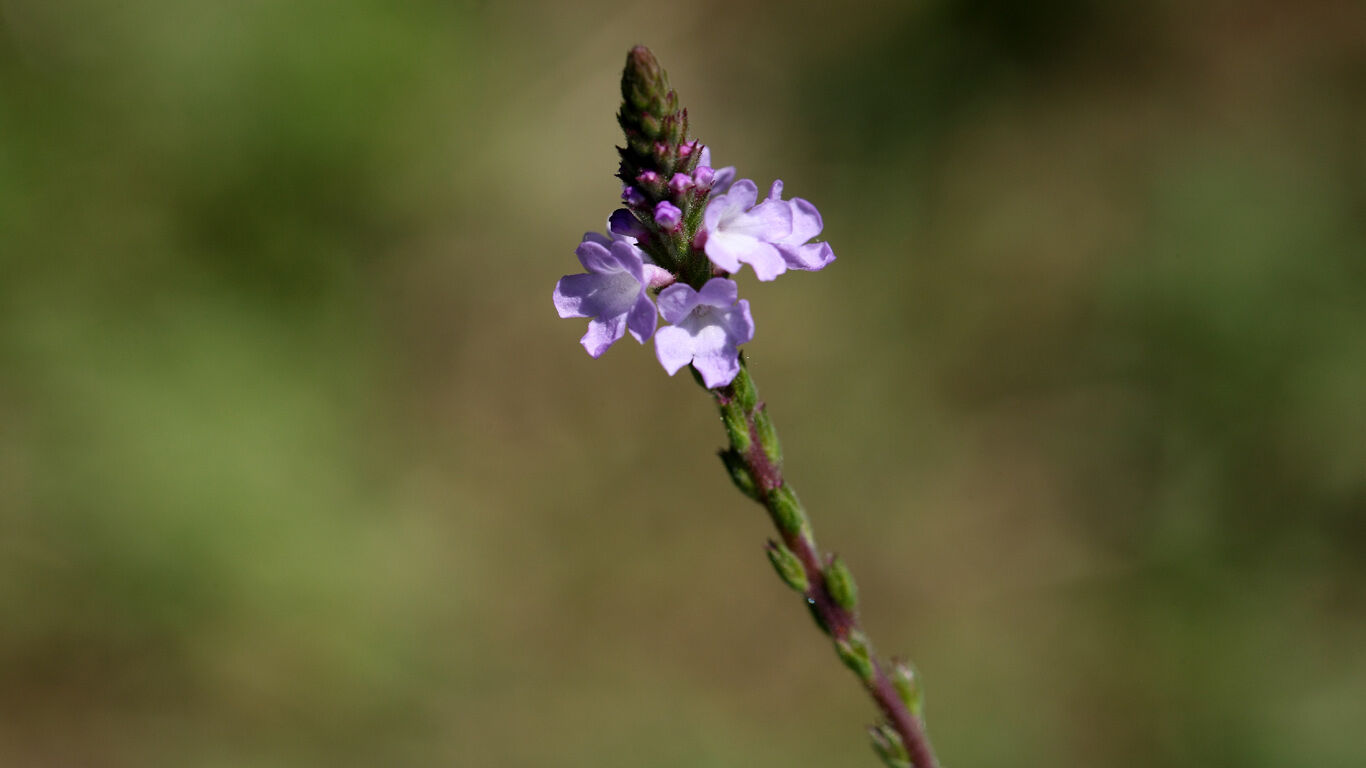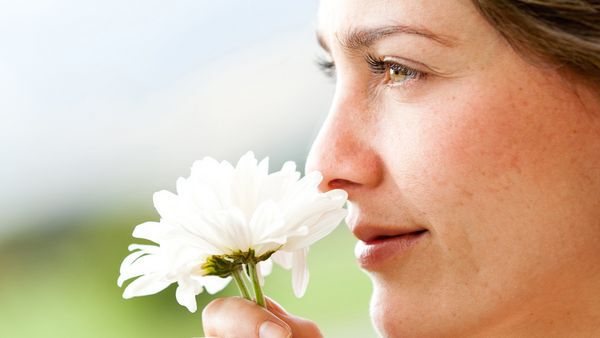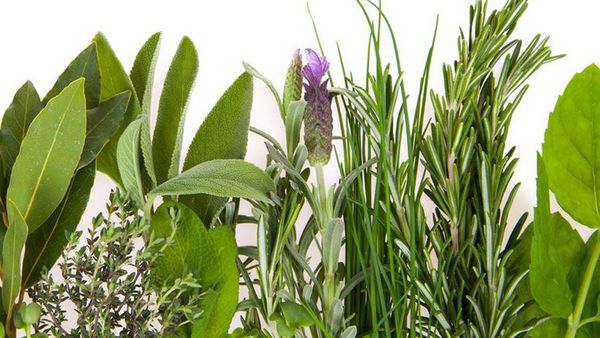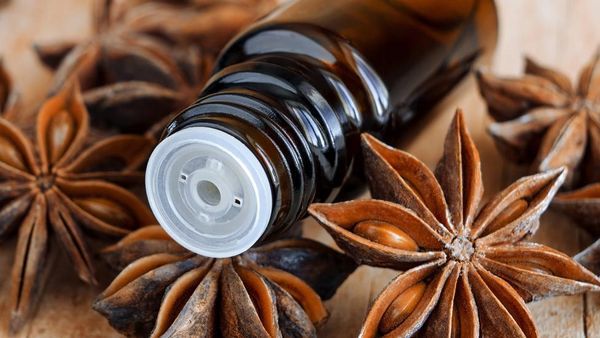Historical and folk use
In the 18th century, the west wind brought a very special fragrance - when from the subtropical regions of South America lemon verbena arrived in Europe. Even when lightly rubbing the leaves, the plant named after the future Queen of Spain reveals a fresh, stimulating citrus aroma.
